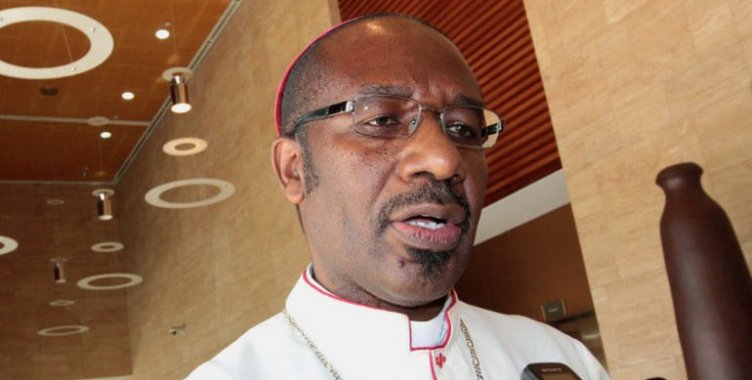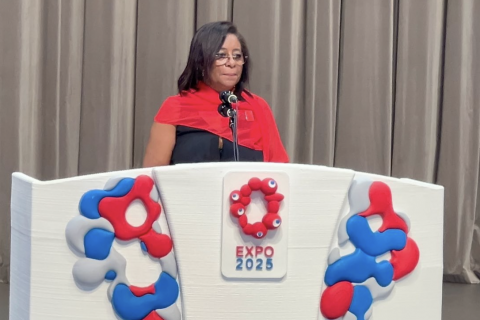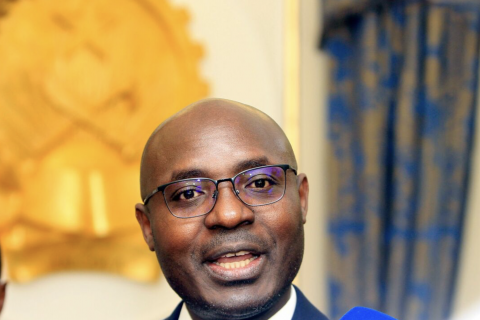"I cannot help but look with concern at some phenomena present in our society that are causing a lot of damage to our families: political speeches that do not inspire, motivate or galvanize because they continue to make us hostages of our inglorious past", said José Manuel Imbamba this Monday, at the opening of the 1st Plenary Assembly of CEAST Bishops, in Luanda.
The Angolan archbishop stated that the aforementioned political speeches in Angola "insist" on instigating hatred, division, exclusion, the partisanship of history and political and ideological fixity.
"As long as we remain on parallel lines, even in the most noble matters of the State, we will never enjoy the benefits of our independence, we will always be gravitating towards our human, social, political, economic, religious and cultural misery," he said.
The official defended the need to "rediscover and reinvent" the mystique of politics "so that it is always at the disinterested service of the common good and the happiness of citizens".
José Manuel Imbamba also lamented the "high levels of economic inequality, with a great disparity between the richest, whose number is progressively decreasing, and the poorest, whose number continues to increase" in the country.
He considered that the high number of children outside the education system, "especially among the poorest classes", and the "increasingly frightening" unemployment rates, contribute "greatly to social marginalization and the increase in crime".
The health system "continues to face significant challenges" in this chapter, especially in the humanization of services and their agents, he denounced.
For the Archbishop of Saurimo, food insecurity is a concern in the country, noting that recent financial scandals in the public administration sector are situations that generate a "climate of distrust, uncertainty and discomfort".
"And they reveal a very serious crisis of ethics and patriotism," he stressed.
Angola celebrates 50 years of independence on November 11, 2025, an occasion that, for the president of CEAST, should be used to unite efforts among Angolans to change the current "so dark and undeserved" situation.
The occasion "is precisely this one, taking advantage of the graces of the jubilee year of the 50 years of our independence, a jubilee is synonymous with liberation, a new beginning, new opportunities, new dreams, based on restorative justice, liberating truth, merciful love, constructive forgiveness and welcoming reconciliation", he noted.
He also advocated permanent dialogue, with everyone's contribution, to lead Angola towards a culture of encounter, social friendship, peace and human and social progress.
The dream of a better Angola "should not remain a dream. To everyone, therefore, I extend my appeal to grow in the quality of our conscience and in our spiritual, cultural, civic and professional human beauty", he said.
The president of the Episcopal Conference of Angola and São Tomé also highlighted the importance of fostering a culture of authentic citizenship, inclusion and meritocracy among Angolans, "promoting humanistic and ethical subjects in all public and private schools and ensuring ongoing ethical training for our public servants".
The Episcopal College welcomed the election of President João Lourenço to the rotating presidency of the African Union.
The status of the CEAST delegate for Education, the report of the diocesan communities and the presentation of the national commission for the safeguarding of minors and vulnerable people are some of the topics that mark the agenda of this plenary session that runs until Friday.







